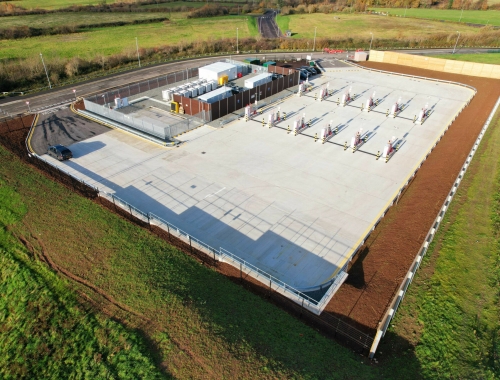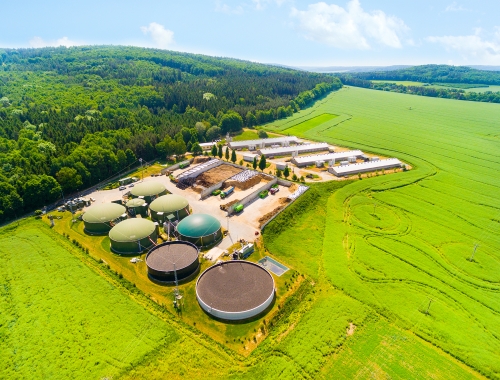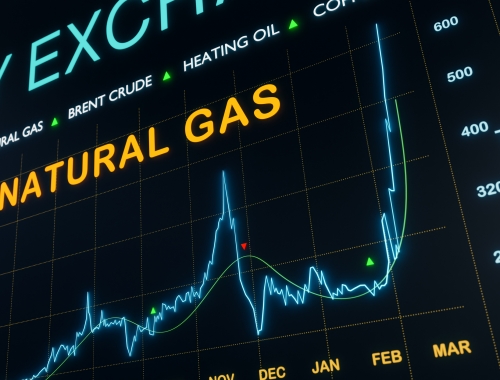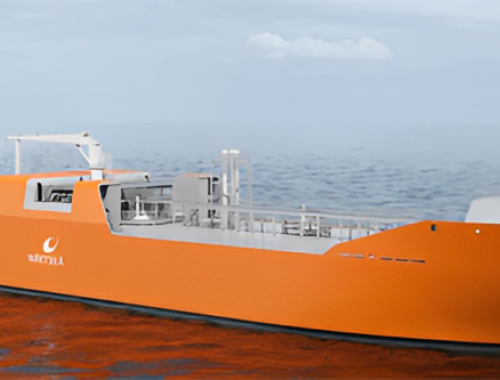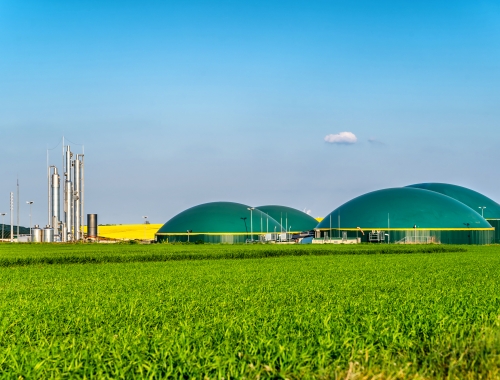Equinor applies for UK state support for Humber hydrogen plan
SUMMARY
The company wants Hydrogen to Humber Saltend to be included in the second stage of the UK's sequencing process for decarbonising industrial clusters.
By Joseph MurphyPOSTED IN:
Norway's Equinor has put forward its Hydrogen to Humber (H2H) Saltend project for the next round of funding under the UK government's sequencing process for decarbonising industry, the company said on January 21.
H2H Saltend will involve the construction of a 600-MW blue hydrogen plant east of Hull in northeast England, supplied with North Sea natural gas and equipped with carbon capture facilities. It is expected to help industries at the Saltend chemicals park and the East Yorkshire area reduce their emissions by up to 1mn metric tons annually.
Equinor also said it had secured support from industrial operators Centrica, Ineos, Pensana, Triton Power, Vital Energi and Vivergo Fuels for the scheme. Centrica manages the Easington gas storage site in east Yorkshire, while Ineos supplies chemicals in the area and Pensana is developing a rare earth processing facility. Triton and Vital Energi are involved in power generation while Vivergo Fuels produces bioethanol fuel.
In addition, Equinor signed an agreement with PX Group confirming the project's location.
The UK government picked two other projects in north England, East Coast Cluster and HyNet North West, in the first phase of its sequencing process in late October last year. The two initiatives will get access to £1bn ($1.4bn) of funds from the government's CCS Infrastructure Fund. The government called for bids for the second stage in November, setting January as a deadline.
In addition to H2H Saltend, Equinor has also submitted two power stations equipped with carbon capture that it proposes to build with SSE Thermal in Keadby and Peterhead for the second phase, as well as its Net Zero Teesside Power project with BP.
“H2H Saltend is an exciting ground-breaking project which will provide low carbon hydrogen to multiple industries in the Humber by 2026, and the demand for this is clear from the industrial operators’ agreements we already have in place," Equinor vice president Irene Rummelhoff commented.
She added that the project was also "a major step to a wider hydrogen economy which can reduce emissions across several sectors" and would "act as a catalyst for greater inward investment and economic growth, and working with our partners, also ultimately result in a Zero Carbon Humber.”

